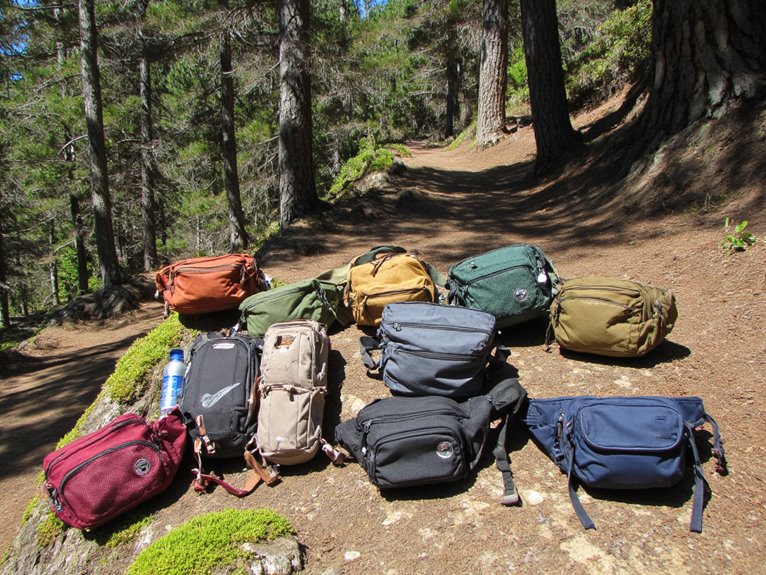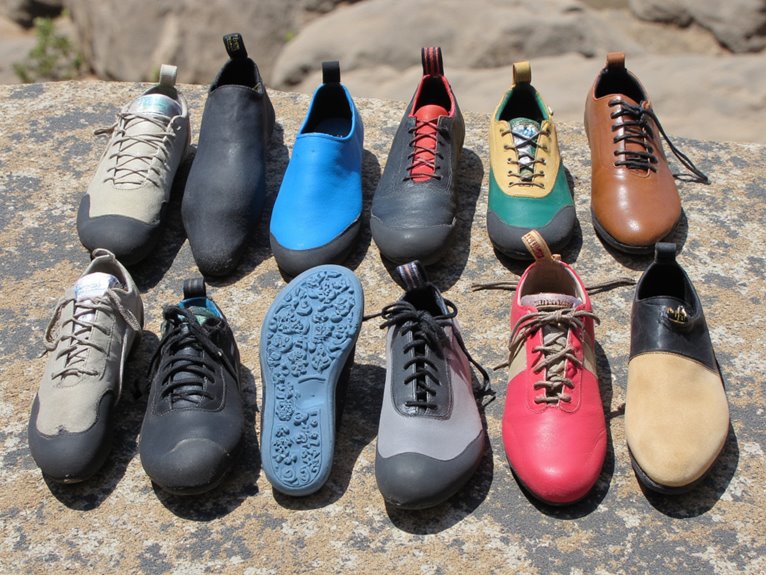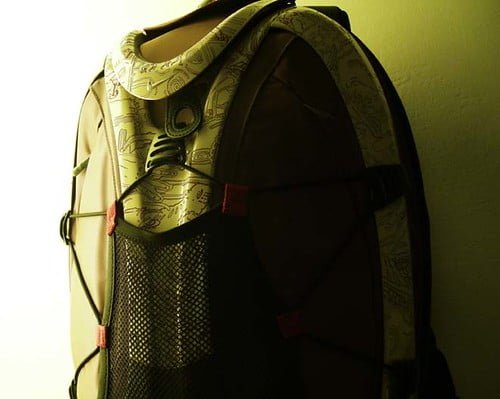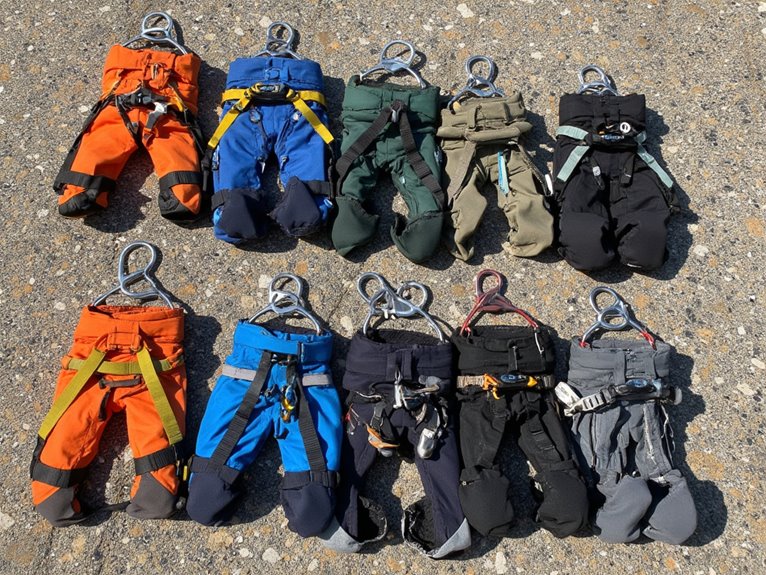What Size Backpack for 1 Day Hike?
For a one-day hike, the ideal backpack size depends on the distance and intensity of the hike, with a general rule of thumb being 20-25 liters of capacity to comfortably carry all the essential items and guarantee you can pack everything you need. However, other factors such as terrain, weather conditions, and personal preferences can influence this calculation. Evaluating your specific hiking needs will help determine the perfect backpack size for your adventure. Understanding the nuances of backpack selection can make all the difference in a safe and enjoyable hike, and exploring these factors further can reveal the perfect blend of comfort and preparedness.
We are supported by our audience. When you purchase through links on our site, we may earn an affiliate commission, at no extra cost for you. Learn more. Last update on 9th January 2026 / Images from Amazon Product Advertising API.
Determining Your Hiking Needs
Before selecting a backpack for a 1-day hike, it's essential to identify the specific demands of your trip, including the distance, terrain, and weather conditions you'll encounter. This assessment will help determine the type and quantity of gear you'll need to carry. Consider the length and intensity of your hike, as well as any potential obstacles or challenges you may face. Will you need to navigate rugged terrain or traverse bodies of water? Are there any specific regulations or guidelines you need to adhere to? By understanding your hiking needs, you can guarantee you're adequately prepared and equipped for a safe and enjoyable experience. This self-assessment will ultimately inform your backpack selection, helping you choose a pack that meets your unique requirements and confirms you're properly outfitted for your adventure.
Pack Size Vs. Hiking Distance
As you've assessed your hiking needs, you can now turn your attention to selecting a backpack that balances capacity with comfort, with pack size being a critical factor influenced by the distance of your hike.
Here's a general guideline to consider:
- Short distance (less than 5 miles): 10-15 liter backpack, ideal for carrying essentials like water, snacks, and a first-aid kit.
- Moderate distance (5-10 miles): 15-20 liter backpack, suitable for carrying additional items like extra layers, a map, and a headlamp.
- Long distance (over 10 miles): 20-25 liter backpack, necessary for carrying more extensive gear, including a lunch, emergency shelter, and a multi-tool.
Essential Items to Carry
Safety and preparedness dictate that certain essential items be carried on a 1-day hike to guarantee a enjoyable and incident-free experience. A first-aid kit, complete with bandages, antiseptic wipes, and pain relievers, is a must-have. A water bottle or hydration bladder, as well as high-energy snacks, will keep energy levels up. A map, compass, and GPS device or smartphone with GPS capabilities facilitate navigation. A multi-tool or pocket knife, fire starter, and emergency shelter, such as a lightweight blanket or bivy sack, round out the list. Don't forget to pack a headlamp or flashlight, extra batteries, and a small supply of toilet paper and hand sanitizer. With these items, hikers can tackle the trail with confidence, knowing they're equipped for any situation.
Considering Weather Conditions
Weather conditions can greatly impact the enjoyment and safety of a 1-day hike, making it crucial to check forecasts and be prepared for potential weather-related challenges. Inclement weather can quickly turn a pleasant hike into a miserable experience. To ensure a safe and enjoyable hike, it's essential to consider the following weather-related factors:
- Rain and wind: Pack a waterproof jacket and pants to keep you dry and warm.
- Extreme temperatures: Bring insulation layers, a hat, and gloves for cold weather, or a sun hat and sunscreen for hot weather.
- Thunderstorms: Avoid hiking during strong winds, lightning, or heavy rain, and seek shelter if a storm approaches.
Choosing the Right Capacity
Select a backpack with a capacity that aligns with the length of your hike and the gear you need to carry, ensuring you can fit all essentials comfortably without overwhelming the pack. A general rule of thumb is to allocate 10-15 liters of space for a half-day hike, 20-25 liters for a full-day hike, and 30-35 liters for an extended day hike. Consider the size and weight of your gear, including water, snacks, extra clothing, and emergency items. A backpack with adjustable compartments and pockets can help keep your gear organized and easily accessible. By choosing the right capacity, you'll avoid under- or over-packing, ensuring a comfortable and enjoyable hiking experience.




